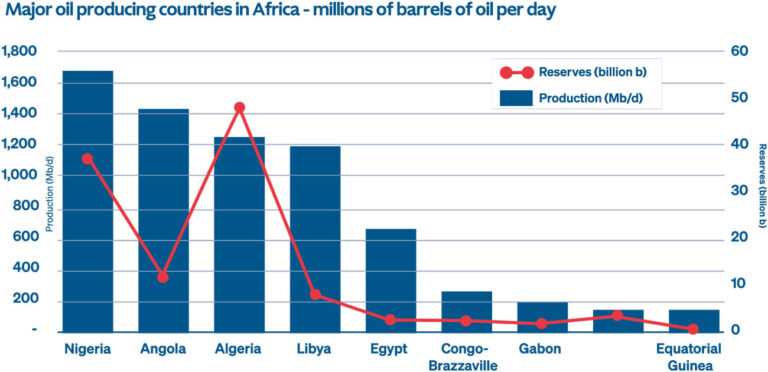Lagos, Nigeria — A profound transformation is unfolding in Nigeria’s oil sector, as indigenous companies step up to claim control of the nation’s energy assets, reshaping a landscape long dominated by international giants.
Heirs Energies, under the leadership of CEO Osayande Igiehon, is among the local firms leading this charge. Raised in the heart of Nigeria’s oil-rich regions and once an executive at Shell, Igiehon believes this local insight gives Heirs a unique edge in an industry undergoing radical change.
“The former operators lost their connection with host communities,” Igiehon noted. “We’ve built meaningful relationships that let us operate freely and responsibly — something foreign majors struggled to maintain.”
Foreign Majors Exit, Local Champions Rise
Global oil giants like Shell, ExxonMobil, Total, and Eni are pulling back from onshore operations in Nigeria, citing declining profits, environmental challenges, and strained relations with communities. In their place, ambitious Nigerian firms are purchasing these assets, seizing a rare opportunity to move beyond support services and into full operational control of oilfields.
“This is the most consequential divestment cycle in Nigeria’s oil history,” said Ufoma Immanuel, CEO of Chappal Energies. “For the first time, local companies will own a substantial share of national output — a shift we’ve never seen at this scale.”
Major Deals Reshape Industry
In the past year alone, several landmark acquisitions have occurred:
-
Seplat Energy acquired ExxonMobil’s Nigerian assets.
-
Chappal Energies took over Equinor’s local operations for $1.2 billion, gaining access to deepwater reserves.
-
Oando, led by Wale Tinubu, bought Eni’s Nigerian business in a $783 million deal.
-
Shell sold its onshore arm for $1.3 billion, though it’s staying in Nigeria via offshore ventures.
These takeovers mark a new era of Nigerian ownership, backed by leaner structures, local talent, and streamlined costs.
Efficiency Through Local Knowledge
Unlike their multinational predecessors, Nigerian companies are prioritizing agility and cost efficiency. At Oando, for example, Tinubu trimmed expatriate staff by 75% and opted for Nigerian suppliers and contractors.
“We know this environment inside out,” said Tinubu. “That’s how we cut costs and fast-track projects.”
Igiehon echoed the sentiment, explaining how Heirs Energies doubled production to 55,000 barrels per day without drilling new wells. Instead, they revived dormant infrastructure abandoned by previous operators.
Security and Community Ties: A Strategic Advantage
Tensions between oil companies and local communities have fueled decades of disruption in Nigeria, including theft, vandalism, and protests. For Igiehon, the key to a safer and more stable operation lies in respect and inclusion.
“When companies align with the people, security naturally improves,” he said. “The two are inseparable.”
Still, security remains a concern. Pipeline theft persists, prompting the government to extend a security contract to a former Niger Delta militant to protect critical oil infrastructure. These measures helped boost national production to 1.4 million barrels per day in March, according to OPEC data.
Financing the Future of Nigerian Oil
Securing capital is another hurdle. Despite their ambition, many African energy firms face skepticism from global financiers, who often view the continent as a risky investment destination.
For example, Renaissance Africa Energy, which acquired Shell’s onshore assets, had to prove its financial capability before getting regulatory approval.
“Oil theft remains our top challenge,” Tinubu of Oando admitted, “but raising capital is a close second.”
Untapped Reserves and Shifting Global Winds
Some critics argue that multinationals exited Nigeria after reaching peak production, leaving behind assets with limited potential. But Tinubu insists there’s still plenty left.
“We have close to a billion barrels of oil still in the ground,” he said.
Heirs’ Igiehon also sees renewed global interest in oil, particularly from the United States under President Donald Trump, whose administration favors fossil fuel development.
“Big players who once planned to move away from oil are now reversing course,” he noted. “The U.S. pivot is influencing the global energy outlook.”
A Historic Shift Unfolds
This unprecedented wave of indigenous ownership is not just a reshuffling of assets — it marks a generational shift in Nigeria’s oil legacy. With local firms now in the driver’s seat, the future of Africa’s largest oil producer could be shaped by homegrown leadership, community partnerships, and adaptive innovation.

